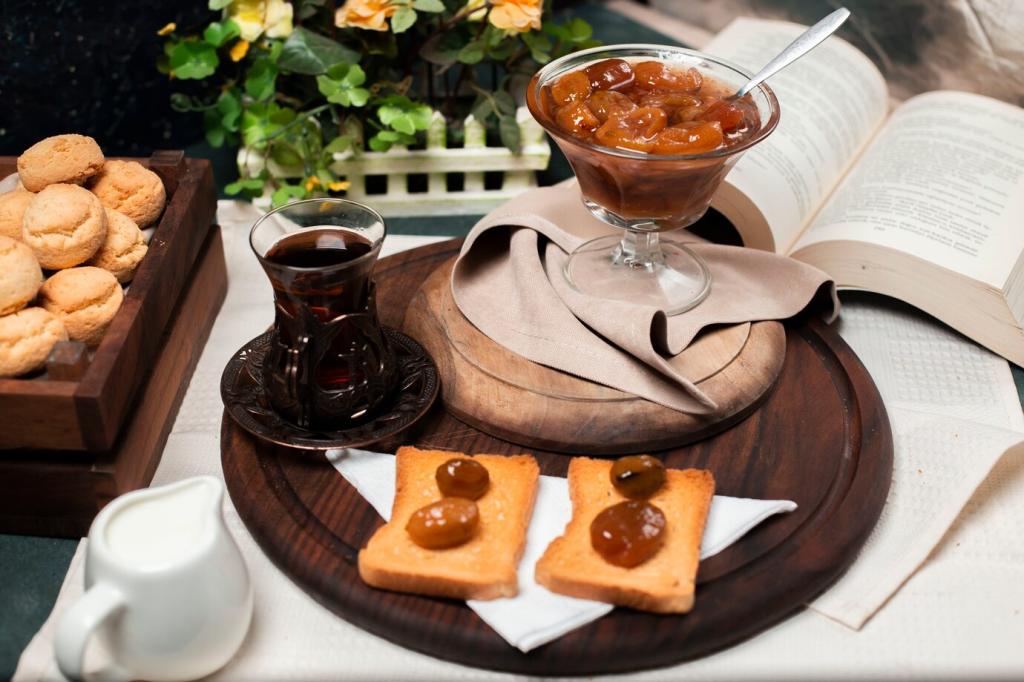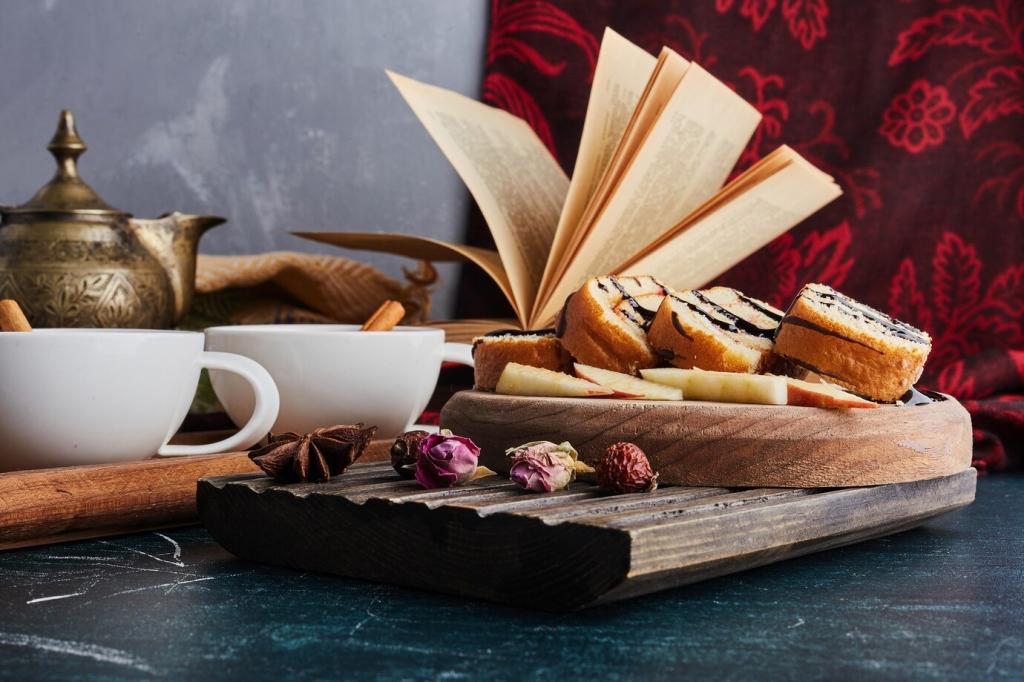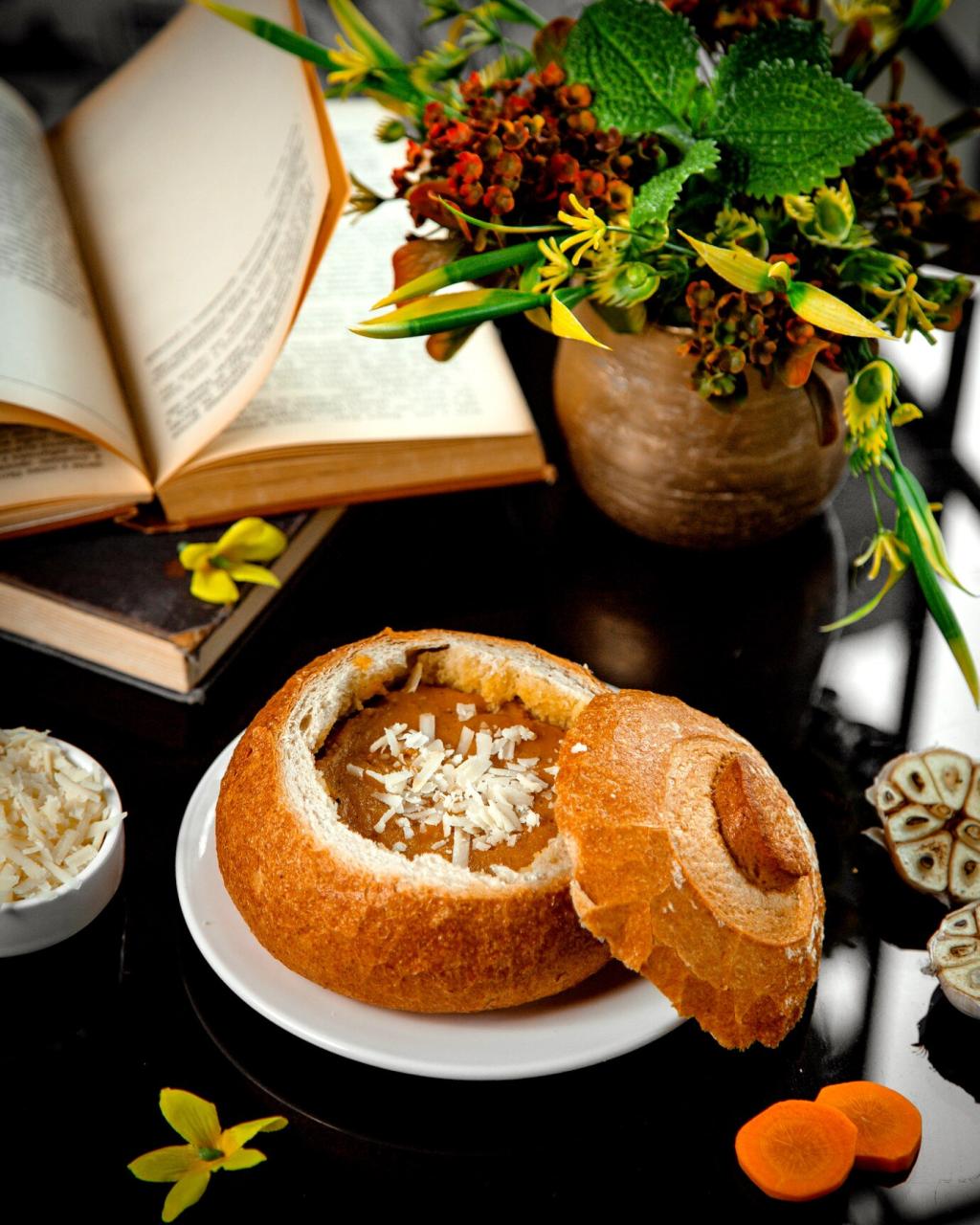A Global Tasting Menu: Reading Recommendations
Begin with brisk, aromatic reads that awaken appetite—novellas where street food scenes sparkle and pacing stays crisp. Share your favorite literary appetizer, and vote on which region’s quick bites we should feature next.
A Global Tasting Menu: Reading Recommendations
Choose expansive family sagas and diaspora narratives where simmering pots carry decades. Which hearty novel nourished you during a difficult season? Recommend it below, and help us build a community-sourced comfort shelf.
A Global Tasting Menu: Reading Recommendations
Close with books that sweeten reflection—stories where pastries, tea cakes, or tropical fruits unlock tenderness. Drop a dessert-driven read we should taste together, and subscribe to receive our monthly pairing of books and bakery tips.
A Global Tasting Menu: Reading Recommendations
Lorem ipsum dolor sit amet, consectetur adipiscing elit. Ut elit tellus, luctus nec ullamcorper mattis, pulvinar dapibus leo.







